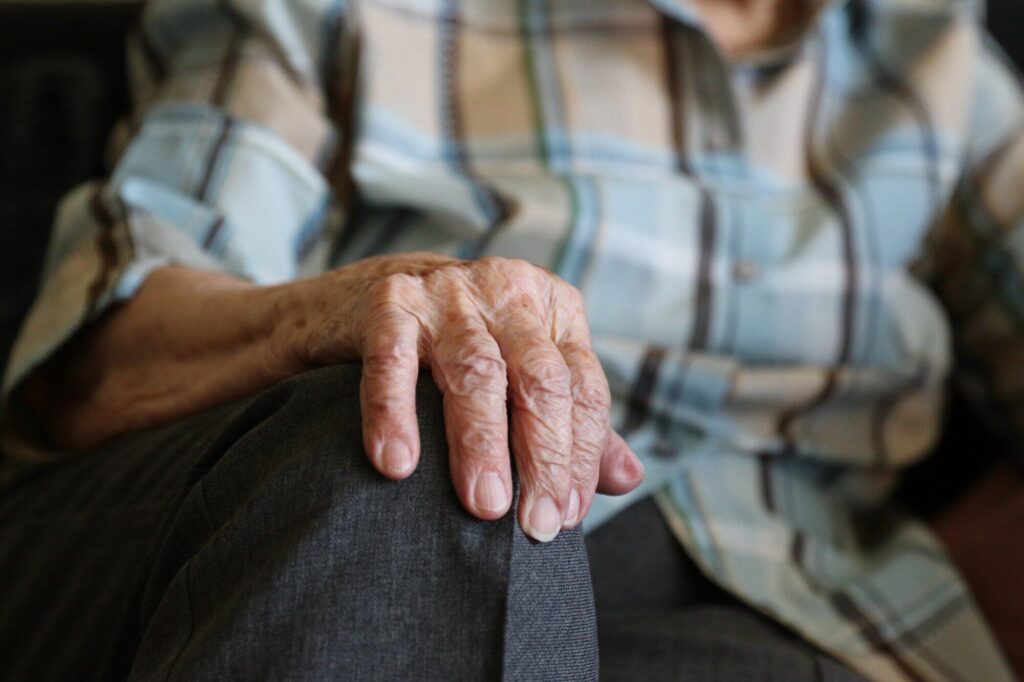What silent struggles weigh on the hearts of many elders?
Aging often brings more than physical changes. Many face fear, shame, and emotional distress that remain hidden from those around them. These feelings can grow quietly, leaving elders isolated and misunderstood.
Fear may come from declining health or loss of independence. Shame can rise from needing help with daily tasks. Emotional distress often builds when support feels out of reach.
Understanding these hidden burdens is key to offering compassion and real care.
Fear
Fear is a quiet but heavy burden for many elders. It grows as they face changes in their health, strength, and daily abilities. The thought of losing independence often causes deep worry. Many fear a future where they cannot make their own choices.
Even small tasks can feel unsafe. Going outside alone, cooking a meal, or moving around the house may bring anxiety. The fear of falling is especially strong, since a single accident can change life completely.
There is also fear of becoming a burden to loved ones. Elders may avoid asking for help because they do not want to add stress to the family. This silence can leave them feeling more alone.
Fear of memory loss or confusion adds another layer of stress. Simple forgetfulness can cause panic about losing control. Without support, these fears can grow and harm both health and happiness.
Shame
Shame often hides behind quiet smiles. For many elders, it comes from needing help with daily tasks. They may feel embarrassed to rely on others for things they once did easily. This sense of failure can weigh heavily on their self-esteem.
Elders may avoid asking for support even when it is necessary. They might struggle silently rather than admit their limits. The thought of being seen as weak can bring strong feelings of shame. This can create distance between them and their families.
Shame can also appear when their bodies change. Using mobility aids, struggling with speech, or depending on medication may feel humiliating. Instead of reaching for care, some try to hide their struggles.
When shame grows unchecked, it isolates elders further. They may withdraw from social life and stop sharing their needs. This silence only deepens their loneliness and suffering.
Emotional Distress
Emotional distress is a hidden weight that many elders carry. It can build slowly through fear, grief, and loneliness. The loss of friends, family, or independence often leaves them with heavy hearts. These emotions can remain unspoken, yet they affect daily life.
One major cause of distress is feeling forgotten. When elders do not receive regular visits or calls, they may believe they are no longer valued. This thought can grow into sadness that does not go away. Over time, it can harm both their mood and health.
Understanding mental health stigma in seniors is also important. Many elders avoid talking about depression or anxiety because they fear judgment. They may believe these struggles should be kept private. This silence prevents them from getting the care they need.
When emotional distress is ignored, it grows stronger. It can lead to sleep problems, loss of appetite, or even illness. Support, patience, and open conversation are key to easing this burden and helping elders feel less alone.
Lifting the Weight of Silence
Growing older brings many challenges, both seen and unseen. Quiet struggles can grow heavier when ignored.
With patience and kindness, we can help ease this weight. Listening and showing care remind elders that they are valued and not alone.
Please take a look at our blog for more educational articles.






